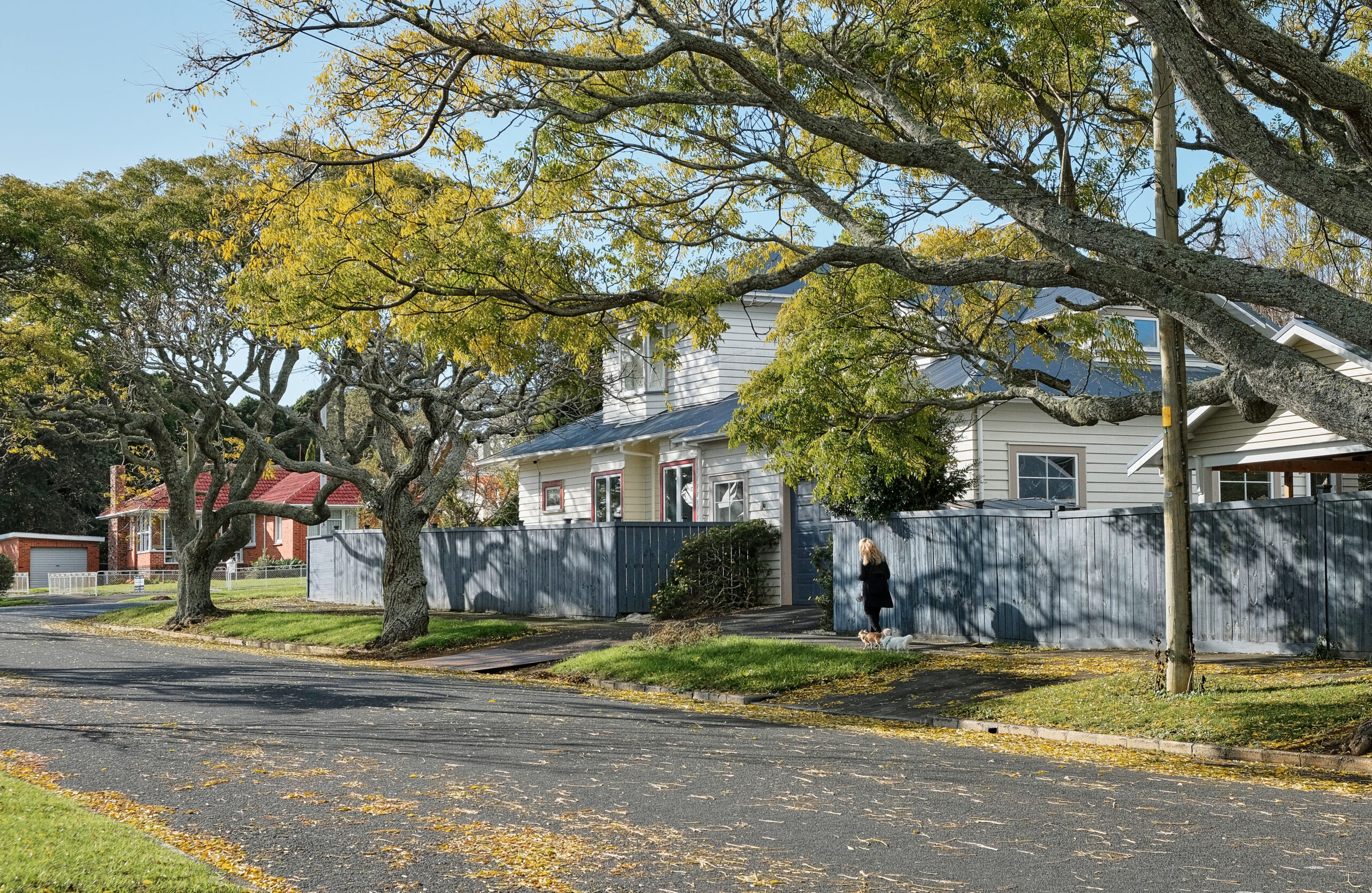Wellington is now the most expensive city in New Zealand to rent in. This is a result of a combination of reasons, but largely the need to have saved $200,000 for the mortgage you’d need to cover the $1M median house price in Wellington.
The median house price in New Zealand is now 6.7 times the average annual household income, the highest in the OECD. A consequence of the high demand for rental properties is the rise of inadequate housing. A City for People recently ran the competition “Wellington’s Next Top Mould-el” to highlight the worst of the worst. In Wellington there is protection against demolishing pre-1930’s housing in inner suburbs, these properties are prone to the mould that Wellington flats are famous for but this all may change.
Wellington council has rolled out a new spatial plan for the city. A big takeaway from this is the ability to build higher further out from the city centre. Building up rather than out is an easy way to increase the number of places for people to live. Improvements to public transport such as highspeed trains would also allow people to rent or buy further out of city centres.
In the meantime, Wellington highlights the impact of the housing crisis. Poor rental conditions are illegal and can be harmful to your health. We have outlined important rights to look out for below.
All the things that your flat must have
- Working smoke alarms.
- Insulation in the ceiling and floor.
- Windows that open
- Extractor vans in the kitchen and bathroom. Unless given permission otherwise.
- No mould before the tenancy begins.
- A fixed heater in the living room.
- Functional locks.
- Drainage.
Rent increases and reductions
Rent is limited to being increased once every 12 months. Your landlord has to give you a letter in writing with 60 days notice. You can go to the tendency tribunal to ask for an extension.
The Landlord wants to swing by?
He needs to give at least 48 hours notice before he comes to the property. With any maintenance, there needs to be 24 hours notice.
You can find more information on renting and your responsibilities as a landlord on: https://www.tenancy.govt.nz/starting-a-tenancy/new-to-tenancy


